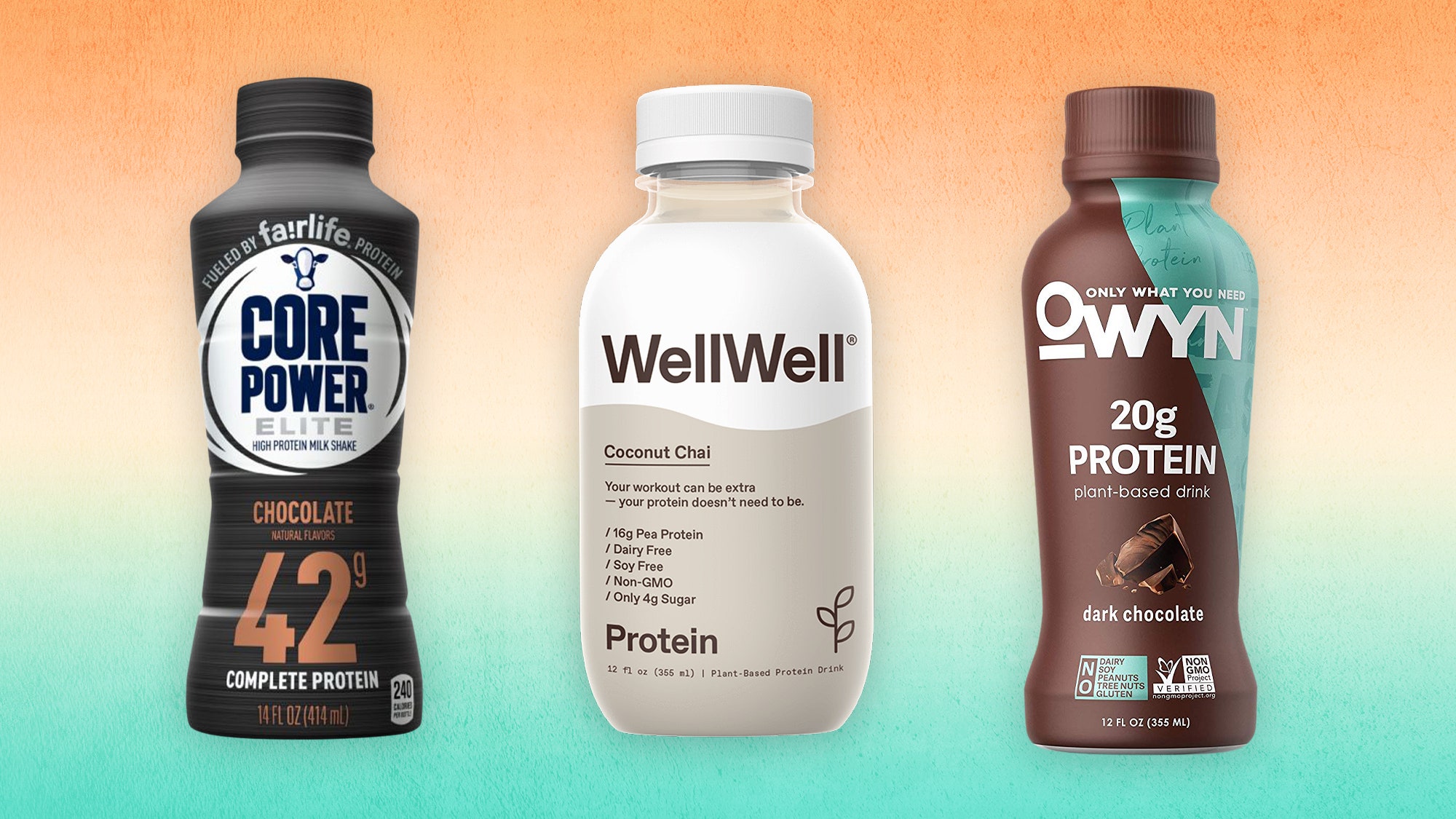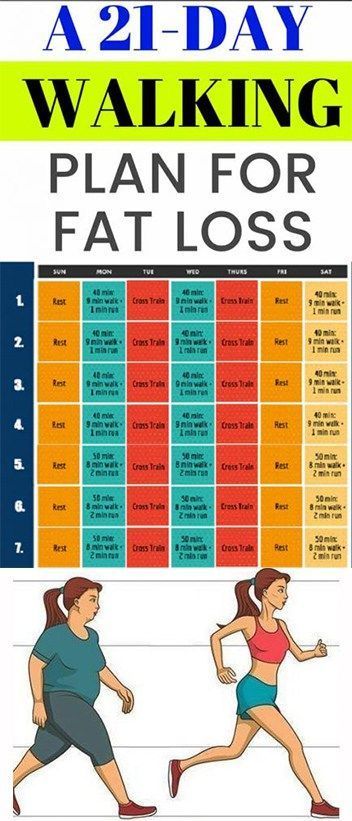
We all have different diet metabolism rates. Some people consume more calories than they should while still gaining body weight. Some people are either fast- or slow-metabolizers. You will gain weight if you eat more calories than you need. This is because your body will convert more calories into ATP. Some people waste energy. Both are examples of unhealthy eating habits that can lead to poor health.
Low-carb diets can slow down metabolism
Many low-carb eaters feel slower metabolism after losing weight. This is because dieting slows down our metabolism, which means that we burn fewer calories. A recent study by Boston Children's Hospital, Framingham State University and Framingham State University found that eating fewer carbohydrates can increase the amount of calories you burn. The findings also show that low carb diets are effective in weight loss.

The metabolic rate of tuna is increased by omega-3 fatty acids found in tuna
Research has shown that people who eat tuna rich with omega-3 fatty acid can reduce their risk of developing heart disease and increase their metabolic rate. ALA and EPA are polyunsaturated fatty acids and contain more than one cis double bond. This means that they increase the metabolic rate in the body. Studies also prove that omega-3s fatty acids are beneficial for the brain. This article will show you how to find tuna that is rich in omega-3 fat acids.
Iodine
Iodine affects the metabolism and immune response. It is an essential component of the thyroid hormone, which regulates metabolism and aids in body development. Your body requires iodine to produce these hormones. Suboptimal thyroid function can result from a diet deficient in iodine. Hence, it is important to eat foods that are rich in iodine.
Protein-rich foods increase metabolism
Research has shown that increasing your intake of protein can boost your metabolism. Protein is vital for building muscle mass and maintaining energy levels. It can also help prevent age-related muscular loss. Eating more protein can be an easy way to keep your metabolism revved up while you lose weight. But eating too much protein may cause digestive problems. It can also lead to diarrhea, bloating, and kidney hyperfiltration. The health risks of plant-based proteins tend to be less.

Artificial sweeteners, colors and metabolism boosters for diets can be used.
While some studies have suggested a link between artificial sweeteners and cancer, this has not been proven. Although saccharin has been proven to cause bladder cancer in laboratory animals and humans, there are not yet any studies that link it to cancer in humans. Aspartame, a common ingredient in dietary metabolism boosters, is not metabolized properly in the body and may cause nervous system toxicity. People suffering from phenylketonuria are unable to metabolize it. It can cause abdominal discomfort and bloating.
FAQ
What level of exercise is required to lose weight?
The amount of exercise needed for weight loss depends on several factors, including age, gender, body type, and how much you weigh. Most people need to exercise at least 30 minutes five days a weeks.
The American College of Sports Medicine recommends 150 minutes of moderate-intensity aerobic activity each week, spread over three days.
For example, if your goal is to lose 10lbs, aim for 300 minutes of moderately intense exercise per week. This includes activities such swimming laps (brisk walking), biking, dancing and playing tennis.
If you're just starting out, consider doing 20 minutes of vigorous activity thrice weekly. This could be lifting weights, sprinting, jumping rope, and fast walking.
Aerobic exercise can help burn calories as well as build muscle mass. Muscle burns more calories per calorie than fat. Building muscle and losing weight could help you get there faster.
How often are people quick?
The majority of people who follow the ketogenic diet fast only once a week. Some people fast twice weekly. Others fast three-times per week.
The length of each fast varies too. Some people fast for 24 or 48 hours, while others go for 48.
Some people even go longer than 72 hours. But, such extreme cases are rare.
Why exercise is important to weight loss
The human body can be described as an amazing machine. It's designed to move. Our bodies are designed to move, whether we're running, swimming or biking, lifting weights, doing sports, jumping rope, walking or standing still.
Exercise can also help you lose weight and tone your muscles. This helps you feel happier both mentally and physically. Many people have heard the phrase "exercise is important to weight loss." But what does it do?
-
Exercise can increase metabolism. When you exercise, your body uses energy. When you move, your heart beats quicker, blood flows to your muscles, oxygen is absorbed by your lungs, and blood flows faster to your muscles. All these activities use energy. Exercising can help you burn calories because it increases your metabolic rate. Calories refer to how much energy you use during physical activity.
-
Exercise reduces appetite. When you work out, you will naturally eat less calories.
-
Exercise increases strength. Muscle tissue uses more energy than fat tissue to function. You will be able to lose weight if you have more muscle mass.
-
Exercise releases endorphins. Endorphins are hormones which make you happy. They are released into your bloodstream when you exercise. Studies show that endorphins actually block pain signals from reaching your brain. This results in a feeling of wellbeing.
-
Exercise increases self-esteem. Regular exercise is associated with higher self-esteem. This leads to healthier lives.
Start small to lose weight. You can add one of these tips into your daily life today.
What should you eat while intermittent fasting?
The best way to lose weight is to cut out carbs. That means cutting out bread, pasta, rice, potatoes, and other carbohydrate-based food.
Protein will also keep you fuller for longer so try to limit how much you eat. So you won’t feel hungry as often.
Instead, choose foods rich in healthy fats. These foods keep you satisfied even after hours of eating.
You should ensure you drink plenty of water. Water helps you stay hydrated, which makes it easier to burn fat.
This could be because you find you really crave these foods when fasting. These cravings don't necessarily mean that you should give in. You could gain more weight than what you lose if you do.
Keep an eye on the amount of food you eat throughout the day to avoid overeating. You can sip water instead of reaching out for another snack when hunger strikes.
It might sound counterintuitive at first, but it has been shown that this can help you slim down. One study published in Obesity showed that plain water was more nutritious than sugary drinks.
Consuming water plainly also helped to decrease hunger. Drinking water is the best way to lose weight if you don't want sweetened beverages.
It doesn't take much to lose weight. Instead, focus on making small changes to your lifestyle.
For example, you can start by swapping your usual breakfast sandwich for a bowl of oatmeal. Try swapping your afternoon cookie to a piece or fruit.
These easy swaps can add up and help you lose weight without spending hours in the kitchen.
Statistics
- One study in 9 active men found that HIIT burned 25–30% more calories per minute than other types of exercises, including weight training, cycling, and running on a treadmill (18Trusted Source (healthline.com)
- According to Harvard Health, it's estimated that a 155-pound (70-kg) person burns roughly 112 calories per 30 minutes of weight training (5). (healthline.com)
- According to Harvard Health, it's estimated that a 155-pound (70-kg) person burns around 167 calories per 30 minutes of walking at a moderate pace of 4 mph (6.4 km/h) (5). (healthline.com)
- According to a study sponsored by the American Council on Exercise, a person weighing around 140 pounds (64 kg) would burn 108 calories at a 30-minute beginner's Pilates class or 168 calories at an advanced class of the same duration (26). (healthline.com)
External Links
How To
How do I lose belly fat fast?
You must know that losing belly fat is not easy. It takes hard work and dedication. But if you follow these tips, you will definitely see results.
-
Eat Healthy Food. Healthy food is important. Healthy food includes fruits, vegetables, whole grains and lean proteins.
-
Drink Water. Drinking water will keep you hydrated and make it easier to feel satisfied for longer durations. So drink plenty of water every day.
-
Cardio Exercises. Cardio exercises will help you burn calories and build muscle. They improve heart health and metabolism. You should do at least 30 minutes of cardio exercise per day.
-
Get enough sleep. Sleep plays a vital role in maintaining good health. Lack of sleep causes stress and anxiety, which leads to unhealthy habits like overeating and smoking.
-
Stress levels can be reduced. Stress can cause changes in brain chemistry and hormonal levels. Cortisol is a hormone our bodies make when we feel stressed. It increases hunger pangs.
-
Regular breaks. Regular breaks are important throughout the day. Go outside and walk around or take a short nap. Doing so will give your mind and body the time they need to unwind and recover.
-
Avoid Alcohol Consumption. Alcohol contains empty calories and slows down digestion. Alcohol should be avoided if you're looking to lose belly-fat.
-
Have Fun